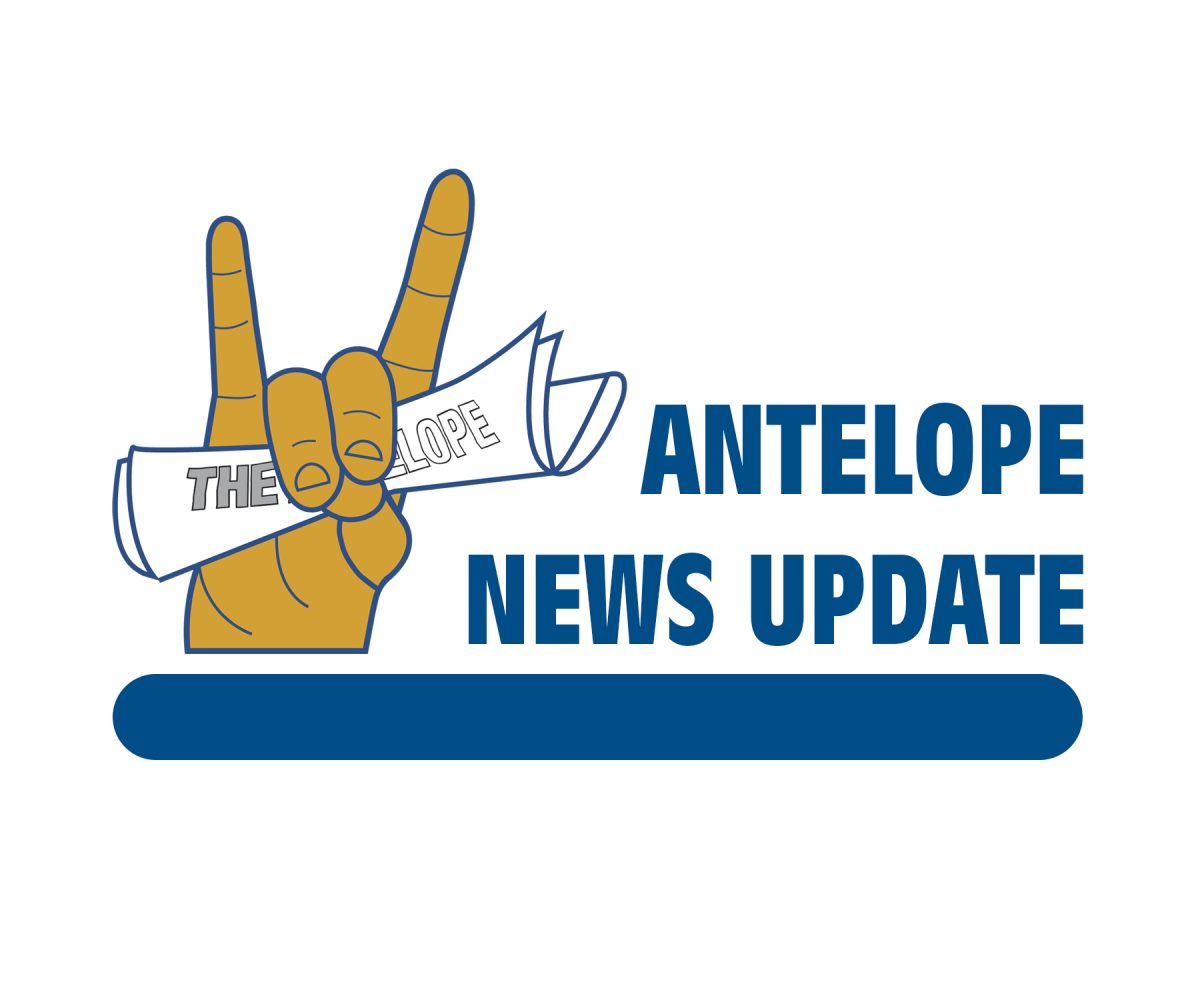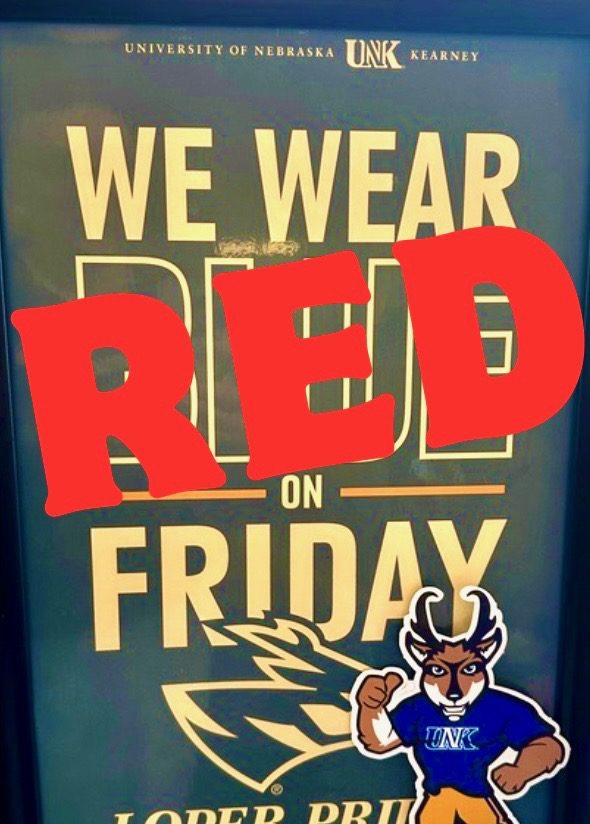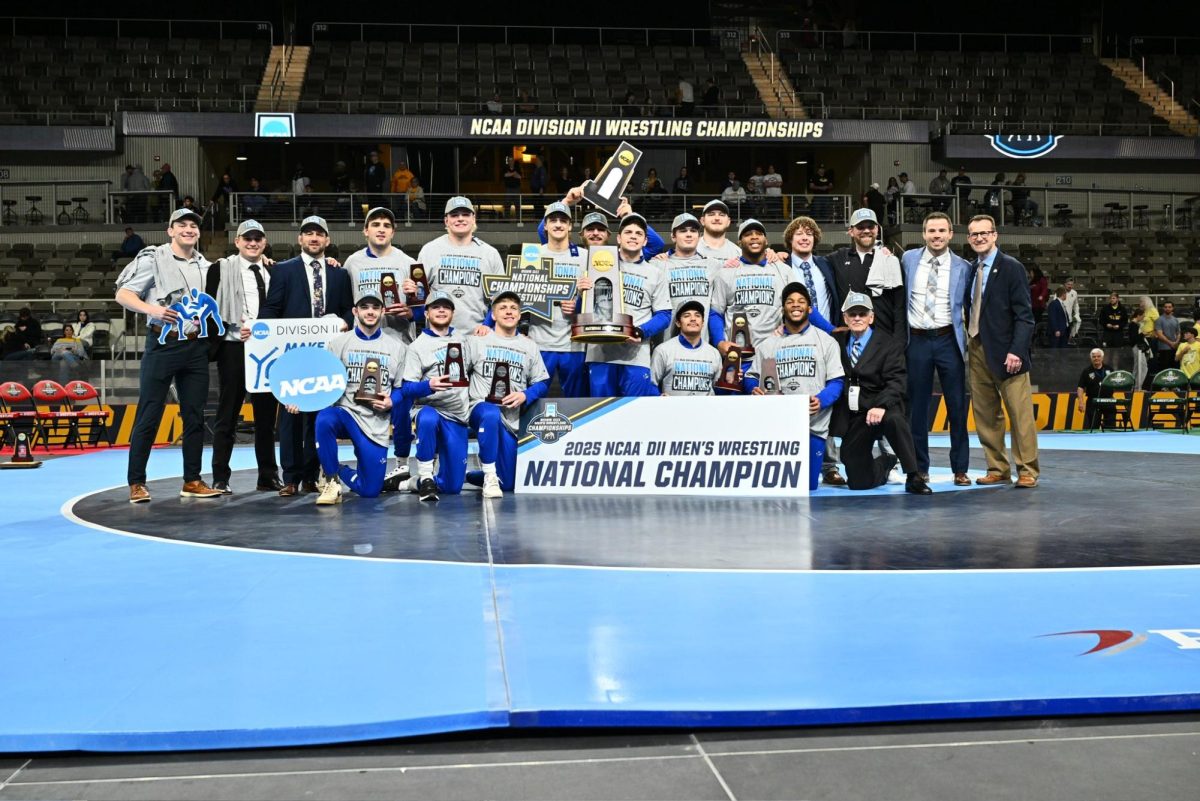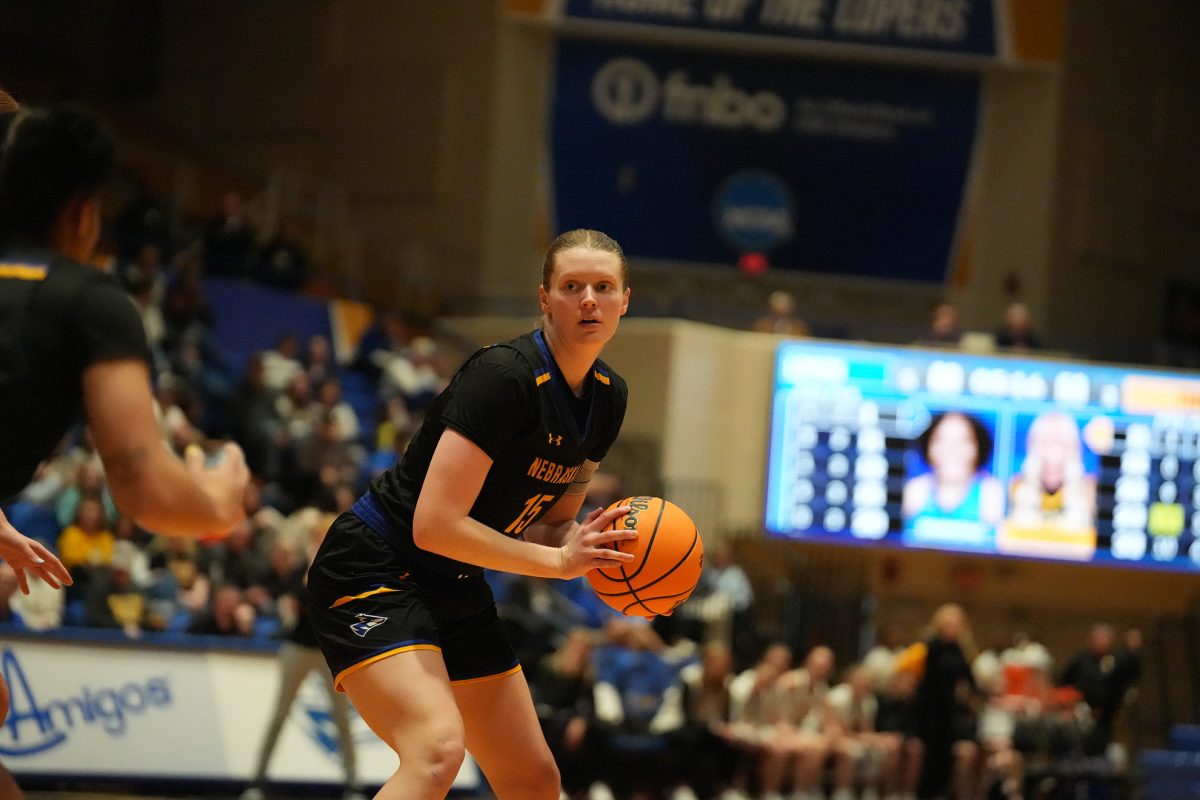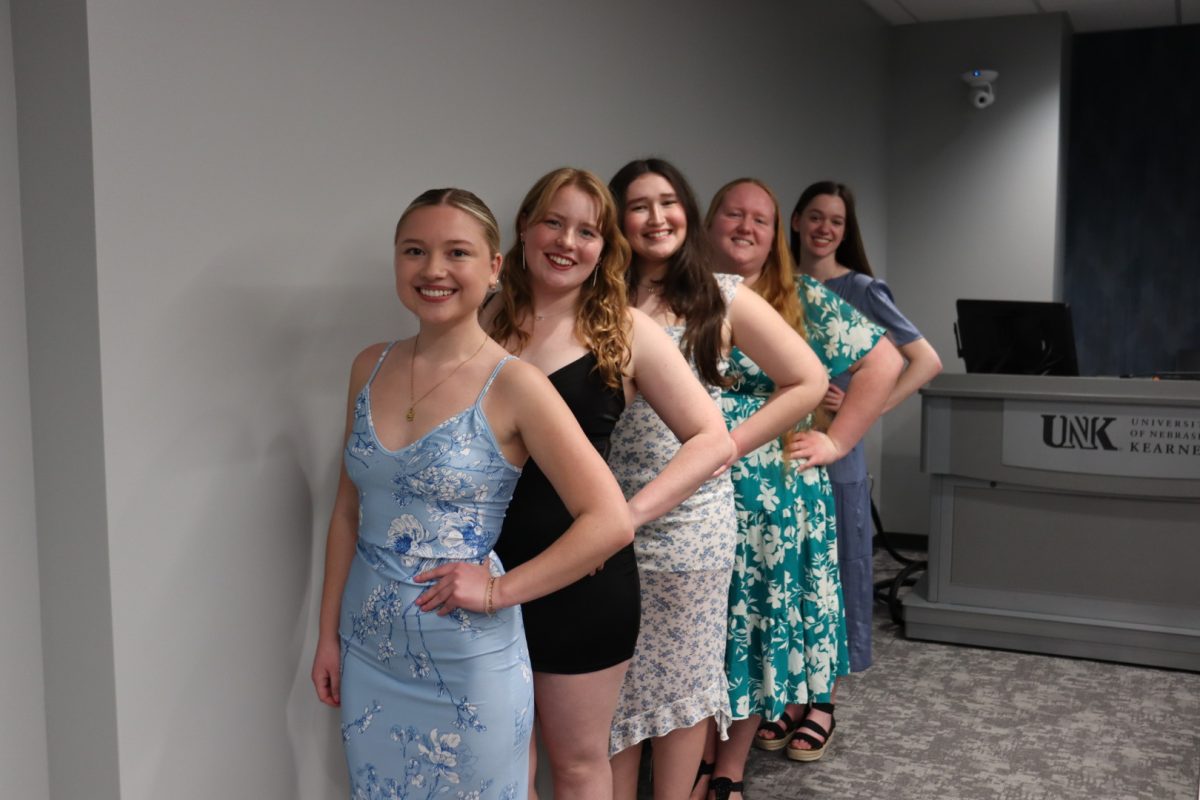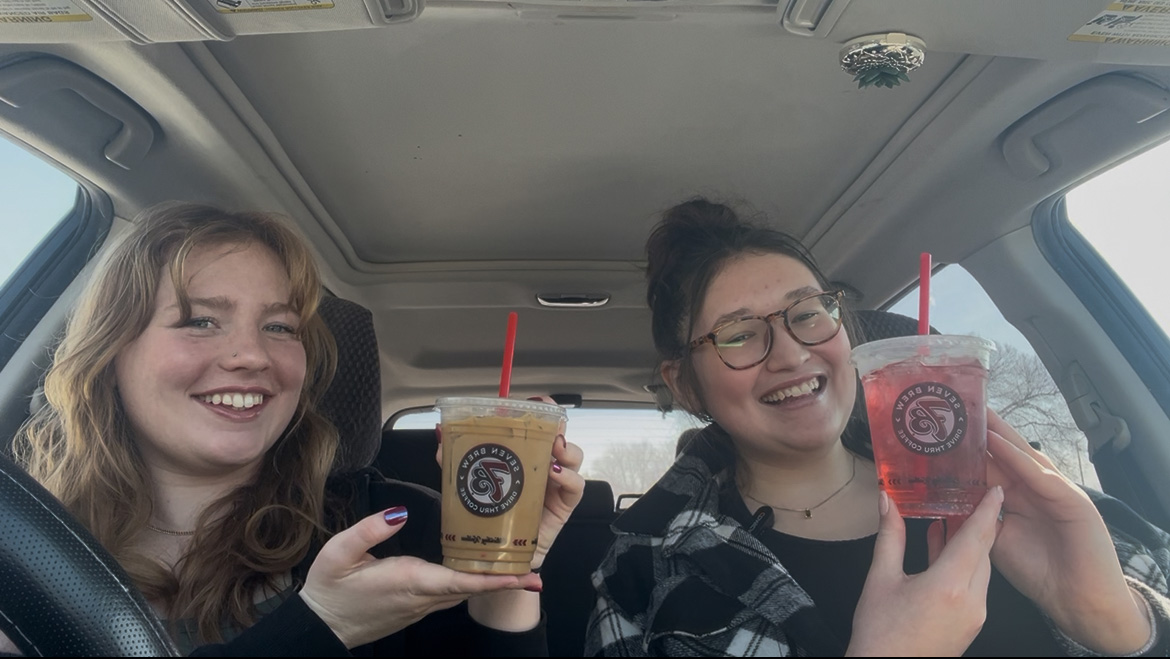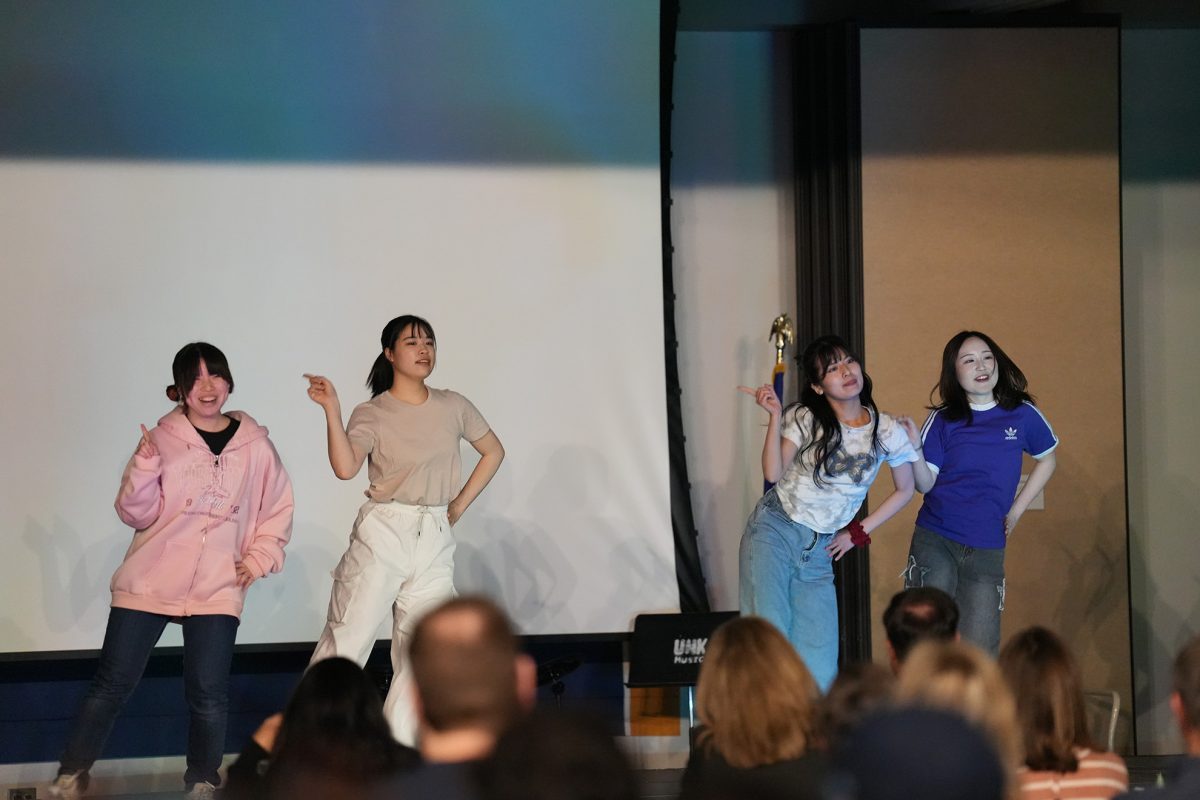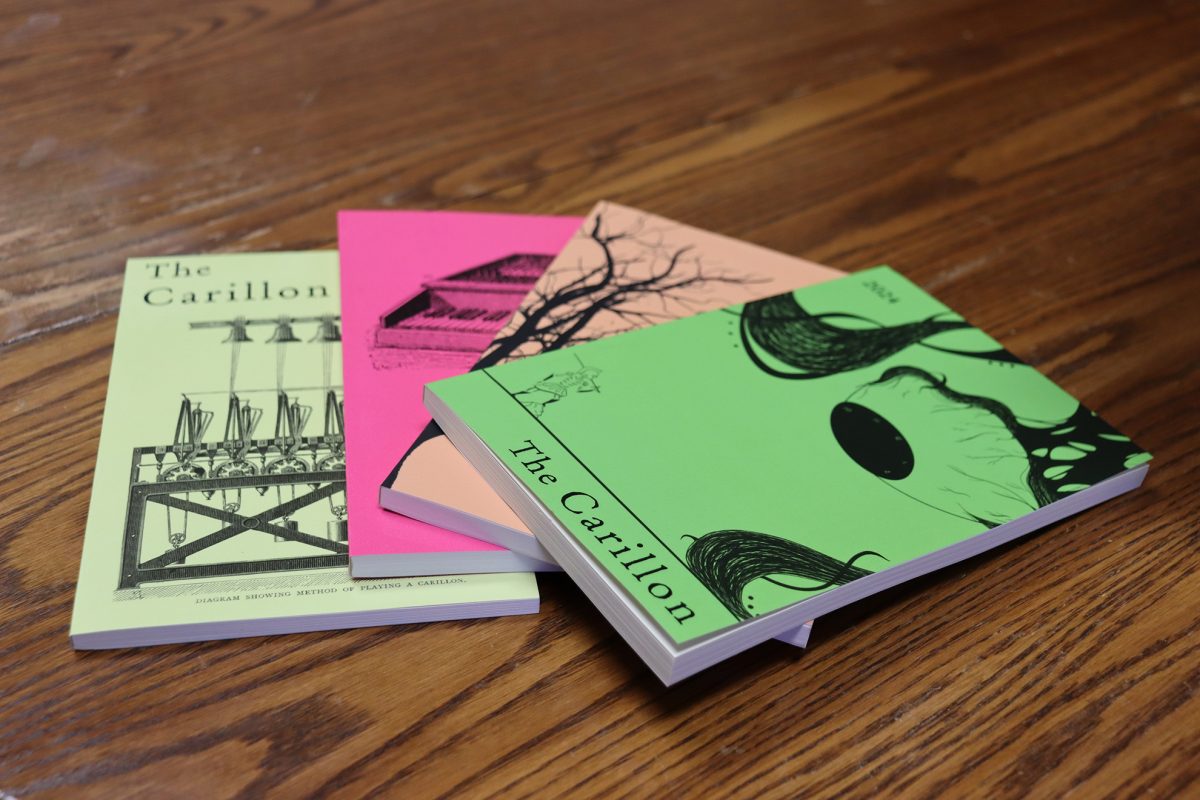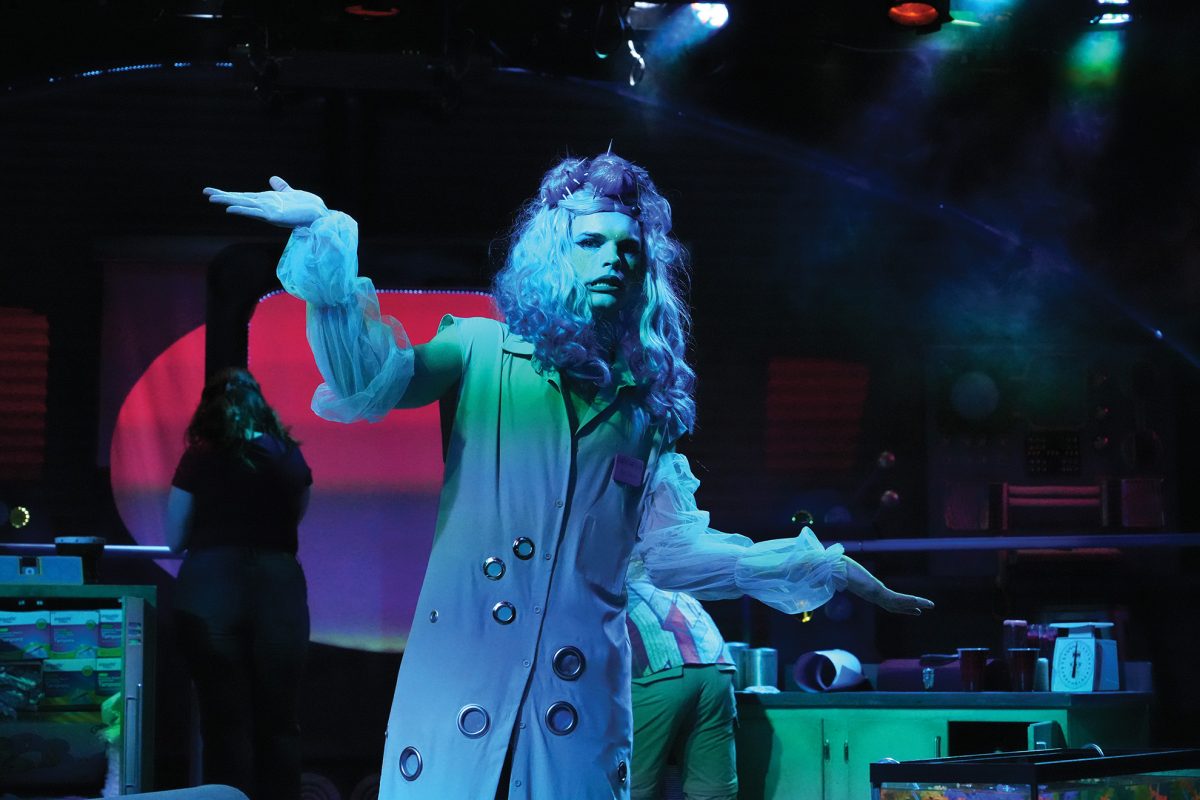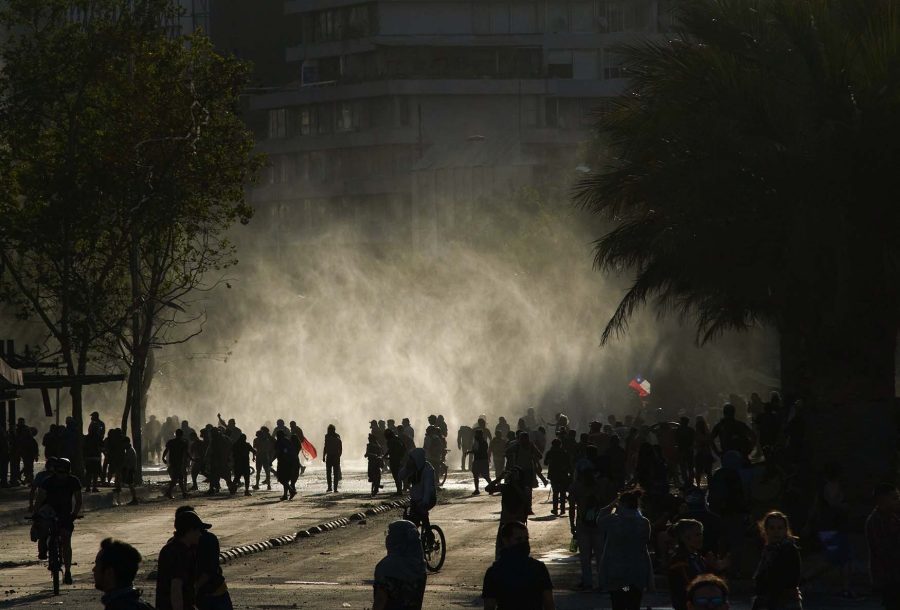putnamjb@putnamjb@lopers.unk.edu
The History Department hosted a Ukraine Q & A Session In Copeland Hall. Dr. Doug Biggs organized the event with professors from the Czech Republic.
Biggs was a Fulbright Scholar in the Czech Republic last semester.
“They offer us a completely different perspective and with the power of Zoom we can meet them real time,” Biggs said.
Faculty from Palacky University in Olomouc were able to share a unique European view of the situation that the Kearney community has not been exposed to.
By staying up late in the Czech Republic for a concurrent talk they were able to help shrink the world of people in small town Nebraska. Their input helped to put into perspective how interconnected nations are.
A global understanding of the situation helps to explain the precarious circumstances the Russia Ukraine conflict has presented around the world.
The speakers were able to give takes from their different unique perspectives.
Dr. Carol Lilly, professor and director of the International Studies Program said she learned from the session.
“I learned something from everyone who spoke,” said Dr. Carol Lilly, professor and director of the International Studies Program. “Including, and perhaps particularly, our colleagues from the Czech Republic who are far more directly affected by the war in Ukraine. I was especially struck by their remarks on the significance and likely future problems relating to the enormous number of refugees entering all of Ukraine’s neighboring countries.”
This conflict is entirely different from what has been encountered in the past. The interconnection of countries has created a situation where possible solutions are yet to be proven effective. Countries find themselves in perplexing predicaments with no obvious quick fixes and where proposed measures could make matters worse.
The scholars from Ukraine were able to introduce future complications that haven’t yet come to attention in America which is less directly influenced than other European countries geographically closer to the conflict.
“I greatly appreciated their broad global view of the conflict and recognition for how little grasp we still have regarding its overall dimensions and significance,” Lilly said.

